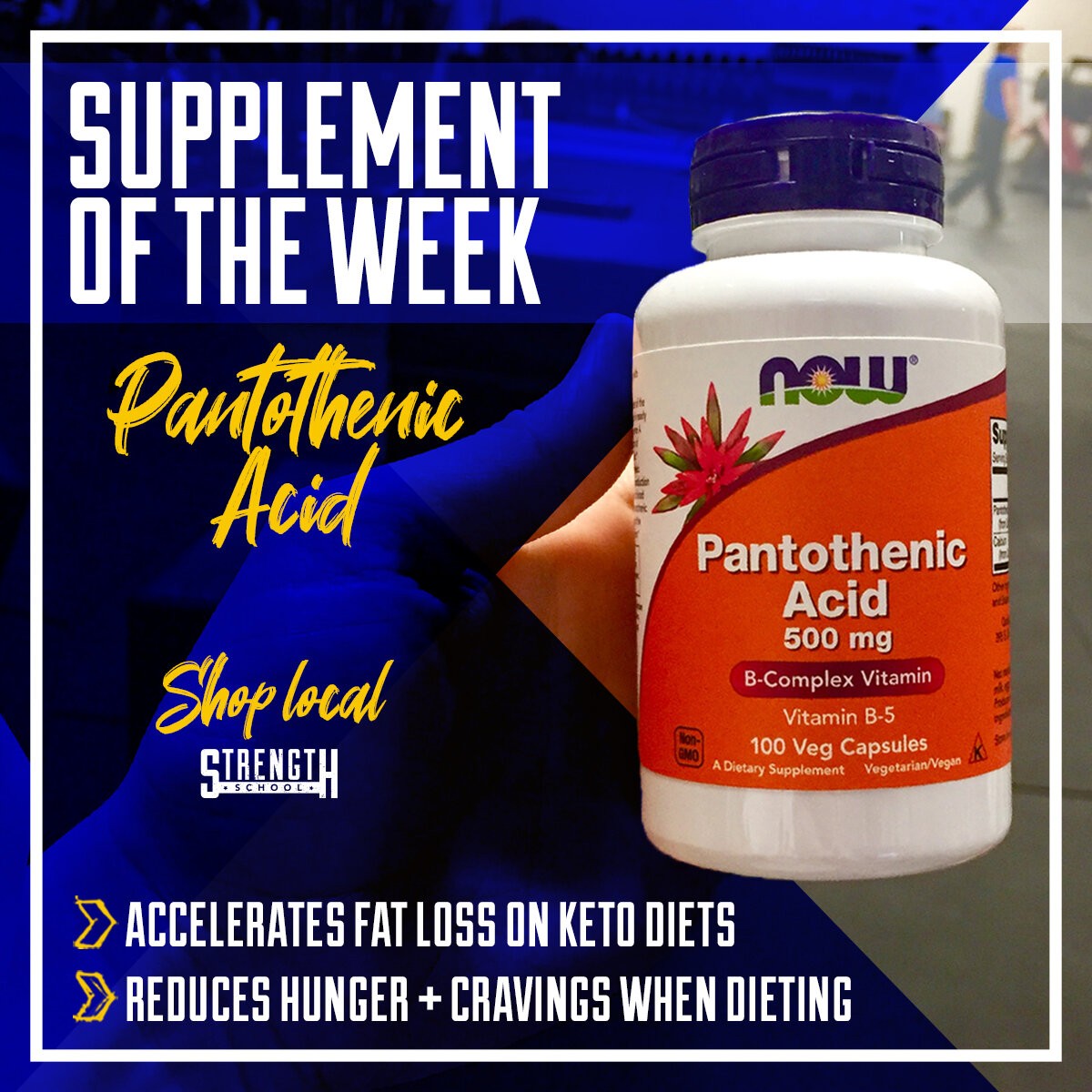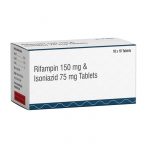
Pantothenic acid is vitamin B5, one of the essential nutrients for good health. It is a water-soluble vitamin that humans must obtain from the diet. Vitamin B5 dietary supplements are available as over-the-counter (OTC) tablets, either alone or as part of a vitamin B complex, to compensate for natural deficiency.
Pantothenic acid is essential for the synthesis of coenzyme A (CoA) and acyl carrier protein, both of which play vital roles in the synthesis of fatty acids. Most pantothenic acid in tissues is in the form of CoA, with smaller amounts as acyl carrier protein or free pantothenic acid.
CoA has many biological functions, including:
- Cell growth
- Metabolism of proteins, carbohydrates, and fats
- Synthesis of acetylcholine, a neurotransmitter
- Synthesis of sterols and steroid hormones
- Synthesis of compounds essential for epithelial tissue
Pantothenic acid deficiency is rare and usually occurs in individuals with severe malnutrition or other nutrient deficiencies. It can also be caused by a rare condition due to a genetic mutation. Symptoms of deficiency may include fatigue, headache, numbness, muscle cramps, impaired muscle coordination, abdominal cramps, and nausea.
Pantothenic acid is being studied for potential use in the treatment of various conditions, such as neurodegeneration, high cholesterol, skin conditions, and wound healing.
Natural food sources of pantothenic acid include beef liver, fish, poultry, seeds, nuts, mushrooms, whole grains, fruits, vegetables, and fortified cereals.
Contents
Warnings
- Do not take if hypersensitive to pantothenic acid or any components.
- Consider taking a B complex vitamin product that contains all B vitamins to avoid imbalances.
Side effects
Common side effects of pantothenic acid include:
- Headache
- Weakness/lack of energy
- Muscle pain
- Joint pain
- Dizziness
- Flulike illness
- Sore throat
- Abdominal pain
- Nausea
- Constipation
- Inflammation of the pancreas
- Onset of diabetes mellitus
- Increase in creatine phosphokinase (CPK)
- Increase in liver enzyme alanine transaminase (ALT)
- Urinary tract infection (UTI)
- Hypersensitivity reactions (rash, itching, hives, swelling)
Less common side effects include muscle disease, muscle cell breakdown, yellowing of skin and eyes, contact dermatitis, and diarrhea.
This is not a complete list of side effects. Consult your doctor for medical advice.
Dosages
Tablet
Adult:
Recommended Daily Intake (RDA)
Take with food orally:
- Men and women older than 14 years: 5 mg/day
- Pregnant women: 6 mg/day
- Lactating women: 7 mg/day
Dietary Supplement
- 5-10 mg orally every day
Pediatric:
Recommended Daily Intake
Take with food orally:
- Children younger than 6 months: 1.7 mg/day
- Children 6-12 months: 1.8 mg/day
- Children 1-3 years: 2 mg/day
- Children 3-8 years: 3 mg/day
- Children 8-13 years: 4 mg/day
- Children 13-18 years: 5 mg/day
Overdose
- No reports of pantothenic acid toxicity with overdose in humans
- Intake of large doses may cause mild diarrhea and gastrointestinal distress
- Discontinue pantothenic acid in case of overdose and seek medical help if symptoms do not resolve
Drug interactions
Inform your doctor of all medications you are taking to check for interactions.
- Pantothenic acid has no known severe or serious interactions with other drugs.
- Moderate interactions include azithromycin, clarithromycin, erythromycin, and roxithromycin.
Always consult your doctor or health care provider before changing medications.
Pregnancy and breastfeeding
- Pantothenic acid requirement increases during pregnancy and breastfeeding. Consult your doctor before taking supplements.
- Pantothenic acid crosses the placenta and is present in breast milk. Supplementation is generally considered safe in recommended daily doses, but consult your doctor for advice.
Other information
- Do not take supplemental pantothenic acid unless there is a deficiency or specific requirement. A variety of foods can provide the daily required amount.
- Do not exceed the daily recommended dose.
- Exercise caution when choosing pantothenic acid supplements and select products from reliable manufacturers.
Summary
Pantothenic acid is an essential nutrient and vitamin B5 that can be taken as a supplement to compensate for deficiency. Common side effects include headache, weakness, muscle pain, joint pain, dizziness, flu-like illness, sore throat, abdominal pain, nausea, constipation, inflammation of the pancreas, and onset of diabetes mellitus. Consult your doctor if pregnant or breastfeeding.


